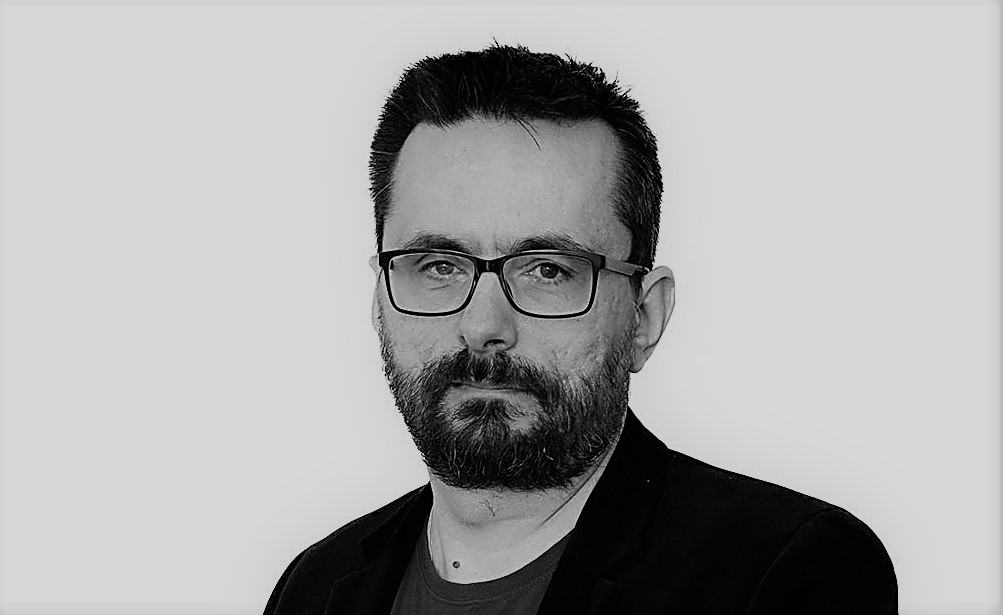Ukraine is fighting a stronger enemy than it, but the West, at least when it comes to aiding arms and military equipment, stands firmly by its side. However, there are exceptions.
Until recently, for example, Germany avoided sending weapons that would be useful to Ukraine in the war with Russia. The story of 5,000 old helmets traveling from Germany to an invaded country for weeks due to bureaucracy seemed tragicomic to many. However, it seems that Berlin has finally realised that its refusal of real help turns out to be not only ridiculous, but also dangerously close to Russia. German Chancellor Olaf Scholz recently said his country would finally send heavy weapons to Ukraine.
Thus, from the very beginning of the war, Ukrainian troops were supplied with the necessary weapons provided by Western countries. According to military analysts, they strengthened their anti-tank and anti-aircraft defences the most, which it needed the most. These are light weapons that can also be used by infantry, such as missiles or drones, which proved to be an ideal solution in the first days of Russian aggression. In those early days, the internet was full of footage of Ukrainians destroying Russian armoured vehicles and tanks.
As the war continued, Ukraine’s military needs also increased. As I write this, preparations are underway for the battle for Donbas, which is likely to decide the outcome of this war. Ukrainian President Volodymyr Zelenskyy warns that his army will not be able to win without additional weapons, including offensive ones. In an interview with CBS, he said he had already handed Joe Biden a list of what Ukrainians need. According to Zelenskyy, the American president agreed with everything, now the only question is whether this will come to Ukraine in time.
Among the weapons that Ukraine needs, they are certainly tanks. Of course, the official institutions never speak openly about the details of the transfer of weapons from NATO countries to Ukraine for understandable, especially security reasons. In such a situation, the media rely heavily on unofficial sources, which are not necessarily less credible.
In Poland, it has been written for several days that Polish T-72 tanks are already on the Ukrainian battlefield. On social media, but also among serious military analysts, there is talk of 100 tanks that “mysteriously” disappeared from the warehouse of the 19th Lublin Mechanised Brigade and, of course, ended up in Ukraine.
These are tanks of Soviet constructions that have been updated and are a great reinforcement of Ukrainian armoured units. According to some estimates, Ukraine had about 500 tanks at the start of the war, but it is estimated that a good portion of them were destroyed. A new contingent of tanks will certainly help in the upcoming battle for Donbas.
According to some media reports, the transfer of Polish T-72s to Ukraine is linked to the purchase of American Abrams tanks for the Polish army. This purchase is one of the most important points of the reform and modernisation of the Polish army. Poland wants to strengthen its troops, modernise them and increase their number from 100,000 to 300,000 (including territorial defence) and be the most important military formation on NATO’s eastern border. Updated Abrams M1 tanks, one of the highest quality tanks in the world, play an important role in this process. A total of 250 were bought by Poland, the total transaction was worth about $ 4.74 billion, the first tanks, about 30, are expected to appear in Poland soon. By 2026, the entire transaction is expected to be completed.
Now some Polish media write that the transport of the first Abrams to Poland has accelerated the agreement according to which the Poles are helping Ukraine, and in return they are getting American tanks faster than planned.
There seems to be a lot of truth in these articles. Especially when it is known that one part of the Abrams should end up in the 19th Lublin Mechanised Brigade. So, to the unit from whose warehouse 100 T-72 tanks “disappeared”.
Goran Andrijanić is a Croatian journalist and publicist living in Poland.


